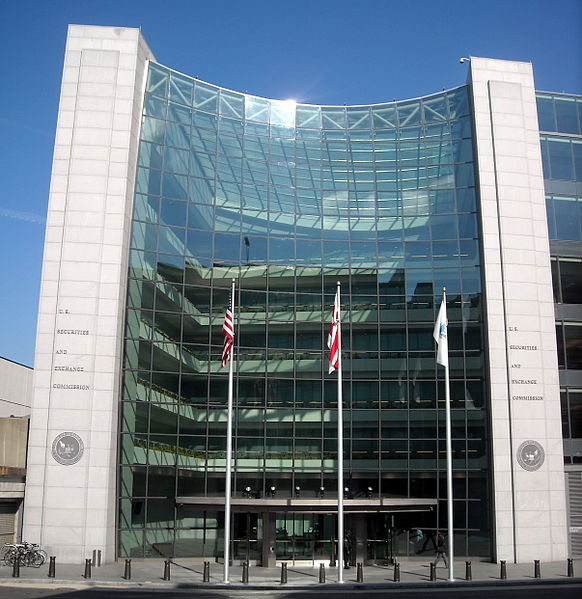On September 9, 2016, the SEC filed a complaint against RPM International Inc. (RPM) and the company’s General Counsel/Chief Compliance Officer, Edward W. Moore alleging that the company failed to properly account for a $60.9 million False Claims Act settlement because Mr. Moore concealed the potential impact from the company’s CEO, CFO, audit committee and outside auditors.
The complaint also alleges that RPM submitted false and misleading SEC filings in 2012 and 2013 that failed to disclose the potential material loss from the False Claims Act case. The lack of disclosure is alleged to have prohibited investors from learning about the probable settlement in a timely manner.
The original False Claims Act case began as a qui tam complaint filed by a former employee alleging that RPM subsidiary Tremco Inc., a manufacturer of construction products, failed to provide the government with price discounts provided to non-federal government customers and marketed expensive materials to government purchasers without disclosing the availability of the same materials at lower costs.
According to the SEC complaint, in September 2012, RPM’s outside counsel calculated Tremco overcharged the government by at least $11 million. However, in October 2012, Moore signed a management representation letter stating neither he nor the outside counsel believed RPM had material loss contingencies of more than $1.2 million. RPM filed a Form 10-Q on October 4, 2012 that did not address any information regarding potential material losses from the DoJ investigation.
In December 2012 Moore, other RPM personnel and RPM outside counsel discussed a potential settlement of the FCA case and estimated that the single damages amount was approximately $27-$28 million. Accounting for the False Claims Act’s treble damages provision, the actual damages could be three times that amount. In late March 2013, DoJ made a settlement offer of $71 million. RPM did not disclose the existence of the investigation until April 2013 and ultimately settled the claims in August 2013 for $60.9 million.
This SEC action serves as a cautionary warning to companies and executives that not adequately disclosing False Claims Act investigations can lead to further enforcement actions. Also, this case is a further example of the SEC filing fraud actions under sections of the Securities Act that only require a negligence standard of prohibited conduct.






Talk with an Expert
Frohsin Barger & Walthall
Call 205.933.4006 or
Send us a Message